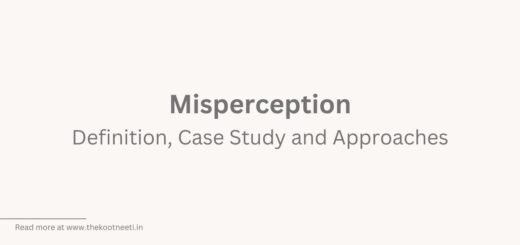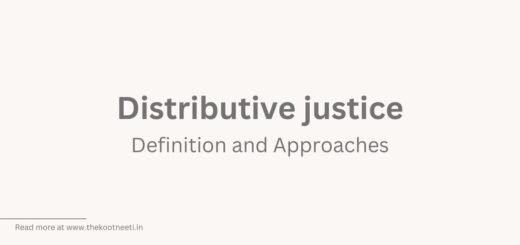What Are Weapons of Mass Destruction?

Weapons of mass destruction (WMDs) are weapons that are capable of causing widespread destruction and devastation, particularly through the use of nuclear, biological, or chemical agents. WMDs include nuclear weapons, biological weapons, and chemical weapons.
Nuclear weapons are weapons that use nuclear reactions to release a large amount of energy in the form of an explosion. They are extremely powerful and can cause widespread destruction and loss of life.
Biological weapons are living organisms or their toxins that are used to cause illness or death in people, animals, or plants. These weapons can be highly contagious and difficult to control.
Chemical weapons are substances that are designed to cause injury or death through their toxic effects. They can be delivered through various means, including as gas, liquid, or solid.
The use, possession, and proliferation of WMDs are strictly regulated by international law. Many countries have signed international treaties and agreements that prohibit the development, production, and use of WMDs. Despite these efforts, there remain concerns about the potential use of WMDs by state and non-state actors.
There are several types of weapons of mass destruction (WMDs), including:
- Nuclear weapons: These are weapons that use nuclear reactions to release a large amount of energy in the form of an explosion. They can cause widespread destruction and death.
- Chemical weapons: These are weapons that use chemicals to cause death or injury. Examples include mustard gas, sarin, and VX.
- Biological weapons: These are weapons that use living organisms or their byproducts to cause death or injury. Examples include anthrax, plague, and smallpox.
- Radiological weapons: These are weapons that use radioactive materials to cause death or injury. An example would be a “dirty bomb,” which is a conventional explosive device that is designed to spread radioactive material over a wide area.
- Cyber weapons: These are tools or software that are designed to cause damage or disrupt critical infrastructure. they target computer systems and networks in order to cause damage or steal sensitive information
International Law and Treaties on WMD
The possession, development, and use of weapons of mass destruction (WMDs) is strictly regulated by international law. There are several international treaties and agreements that prohibit the use, possession, or development of WMDs, including:
- The Treaty on the Non-Proliferation of Nuclear Weapons (NPT): This treaty, which was adopted in 1968, is the cornerstone of the international legal regime on nuclear weapons. It aims to prevent the spread of nuclear weapons to countries that do not already possess them, and to encourage disarmament by countries that do possess them.
- The Chemical Weapons Convention (CWC): This treaty, which was adopted in 1993, prohibits the development, production, stockpiling, and use of chemical weapons. It also requires the destruction of existing chemical weapons stockpiles.
- The Biological Weapons Convention (BWC): This treaty, which was adopted in 1972, prohibits the development, production, stockpiling, and use of biological weapons. It also requires the destruction of existing biological weapons stockpiles.
- The Comprehensive Nuclear-Test-Ban Treaty (CTBT): adopted in 1996, the CTBT bans all nuclear weapon test explosion, for military or civilian purposes.
- The Cyberwarfare treaty also known as Tallinn manual 2.0 on the International Law Applicable to Cyber Operations: establish the legal principles for cyber operations.
Additionally, the use of WMDs is considered a war crime under international humanitarian law. The International Criminal Court and other international criminal tribunals have jurisdiction to prosecute individuals who use, possess, or develop WMDs in violation of international law.


















